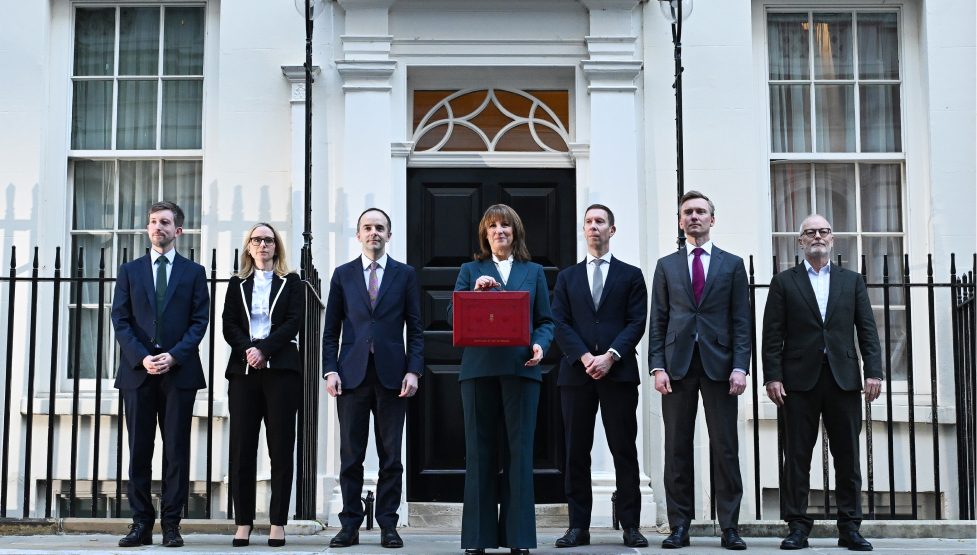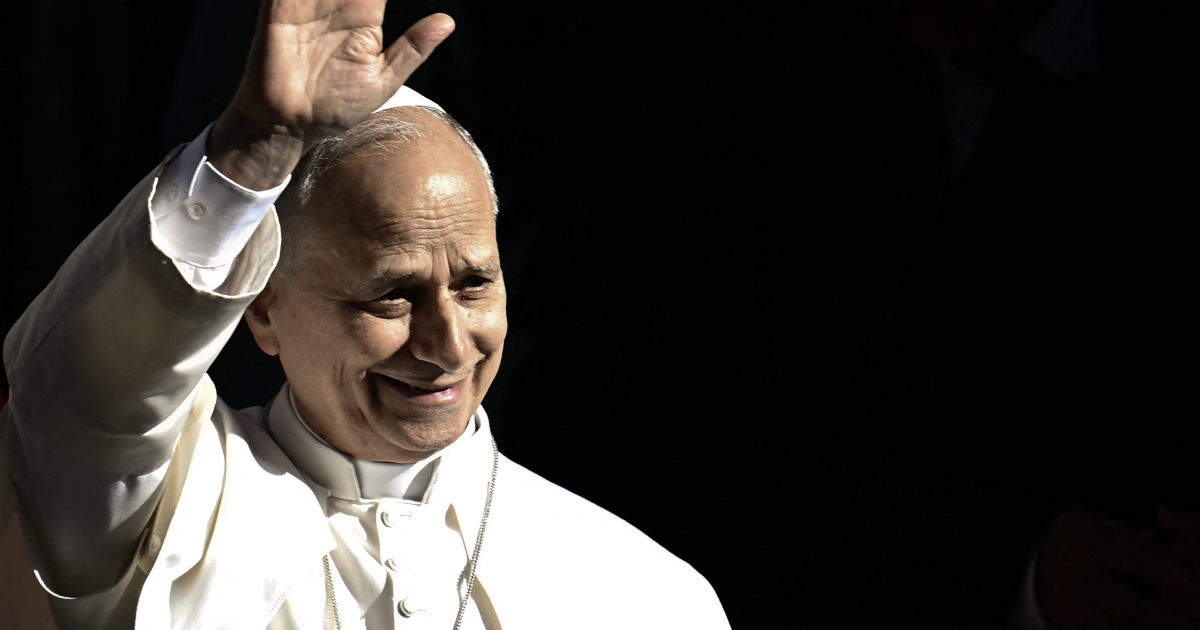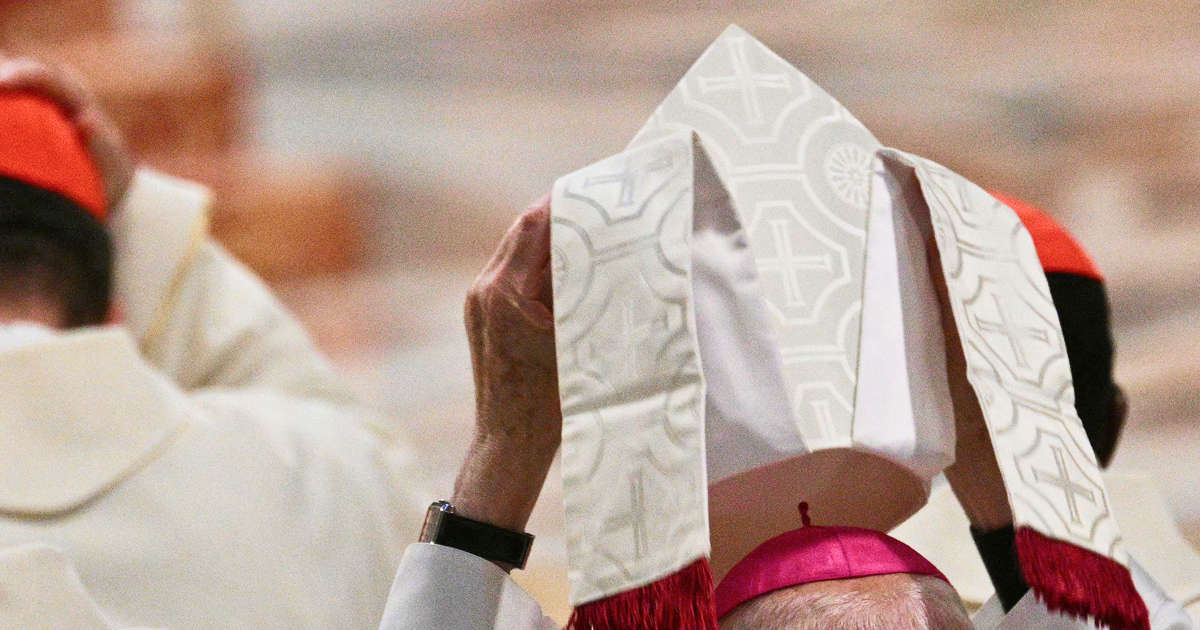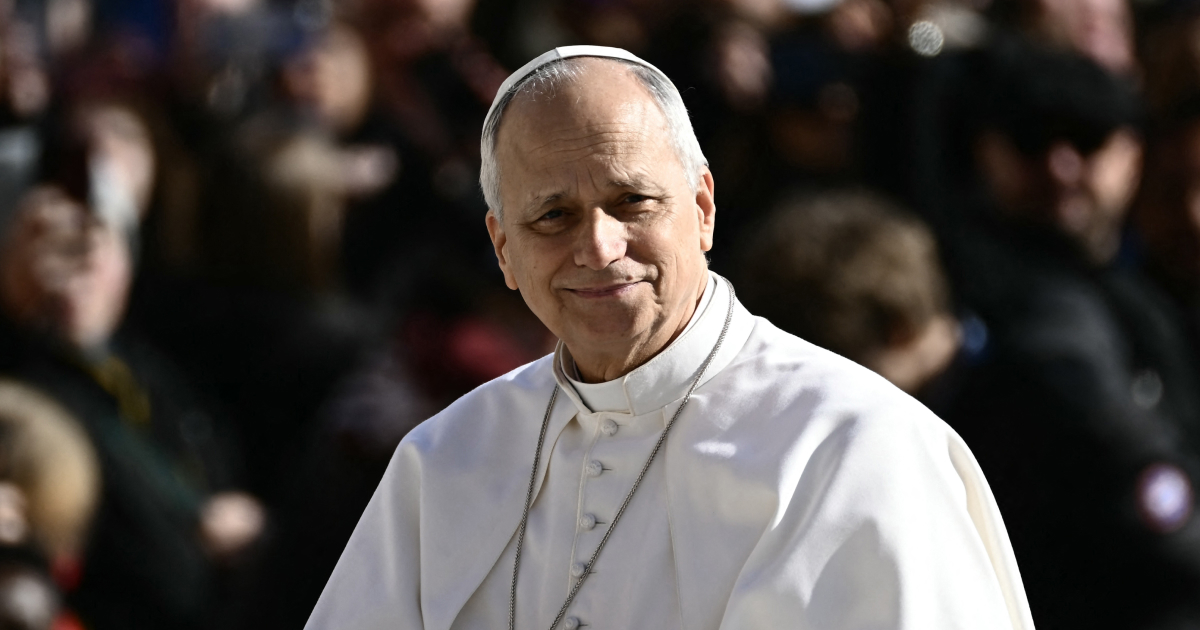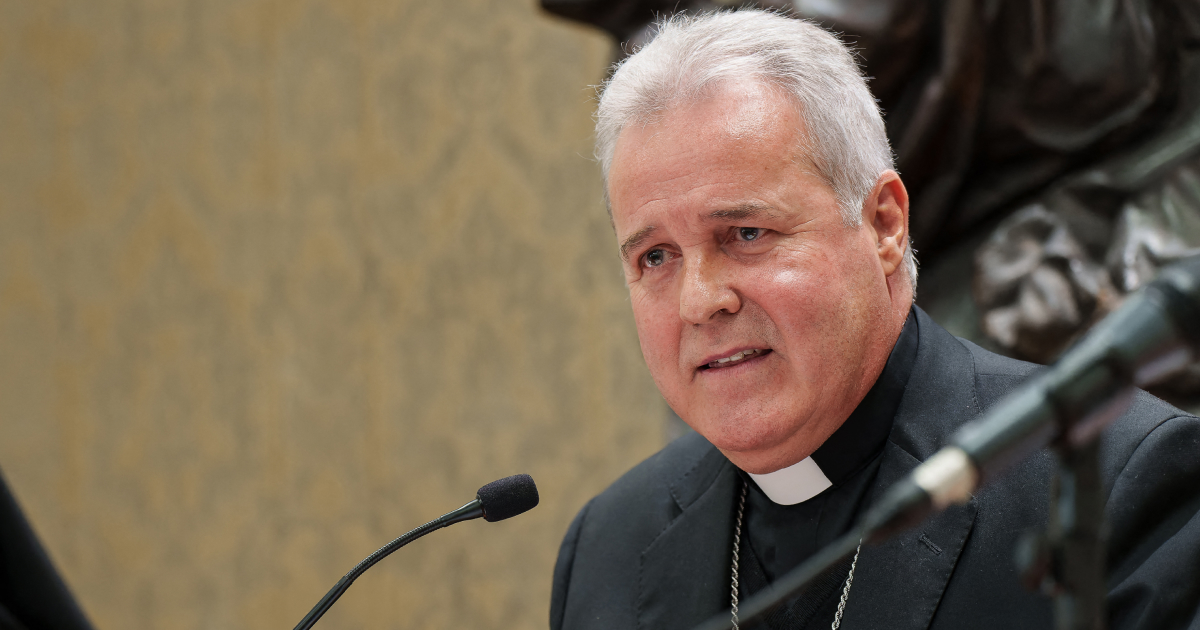Chancellor Rachel Reeves has unveiled her second Budget since entering No. 11, outlining a sweeping package of tax rises, welfare reforms and targeted spending intended to reset public finances whilst easing pressure on struggling households.
The Budget confirmed £26 billion in additional tax measures by the end of the decade, with frozen thresholds, higher taxes on savings and dividends, and new levies on property and electric vehicles all contributing to Treasury revenue.
On the spending side, the Government moved to soften the impact of rising prices by extending fuel duty cuts, freezing regulated rail fares, and increasing the National Living Wage and the state pension from April.
The statement’s centrepiece, and the measure drawing the strongest political and social reaction, was the scrapping of the two-child cap on Universal Credit and Child Tax Credit. Touted by Reeves as the single most effective step to reduce child poverty in a generation, the change will take effect from April 2026.
For many modern British Catholics, the issue at the heart of this year’s Autumn Budget is not exclusively fiscal. It raises the question of how the state measures a person’s worth, and whether policy can safeguard dignity beyond accounting entries.
Budgets are, by nature, moral documents. They show what priorities are protected, deferred, or quietly wound down. The Autumn Budget, confirmed on 26 November, asks to be read not only as an economic plan, but also as a cultural statement. The most politically consequential decision remains the abolition of the two-child limit.
Introduced in 2017, the cap by its very nature affects larger families. Removing it from April is expected to benefit more than 500,000 households.
The welcome for this change was warm in Catholic circles, expressed by Bishop Richard Moth, Chair for Social Justice at the Catholic Bishops’ Conference of England and Wales. The Church’s consistent position has been that families enrich society, and every child should be recognised.
This change sits alongside policies that may cause difficulties for Catholic independent schools. The continuing imposition of 20 per cent VAT on private school fees will affect historic Catholic institutions such as Ampleforth and Stonyhurst. The charge is already shaping enrolment decisions, financial planning, and school budgets. The Government expects 37,000 pupils to shift into the state system.
The absence of a signal on renewing the Listed Places of Worship Grant Scheme beyond March 2026 also carries weight. The scheme has for years supported structural repairs to Christian places of worship. The lack of extension suggests gradual phase-out, not abrupt cancellation.
The rise in the National Living Wage, alongside revenue raised through threshold freezes, links work and welfare with tax contribution. Minimum-wage incomes will rise, whilst households may feel pressure from static thresholds.
The service of public policy to these priorities is uneven. It lifts children, but introduces new pressures on some communities. It offers wage support, but collects revenue in less visible ways. It preserves schemes for now, but leaves questions on long-term stability.
Catholics are right to welcome the moral courage shown in ending the two-child cap. Yet vigilance remains necessary where policy may limit school autonomy or erode historic outreach through rising costs.
Photo: Chancellor of the Exchequer, Rachel Reeves, (centre) poses with the red Budget Box as she leaves 11 Downing Street to present the government's annual budget to Parliament, London, England, 26 November 2025 (Photo by Leon Neal/Getty Images)
by Leon Neal/Getty Images)





